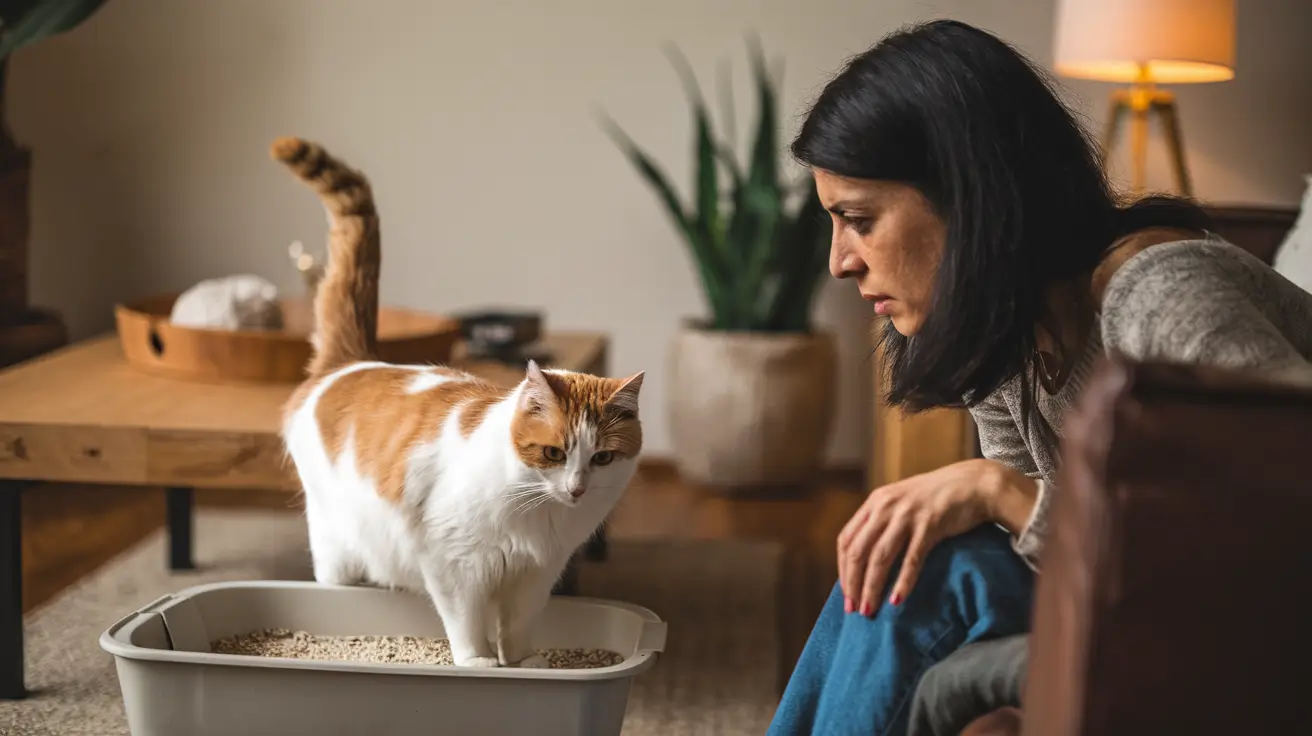Introduction to Cat Behavior
Many cat owners may feel frustrated and confused when they discover that their feline friend has urinated outside the litter box, particularly on the bed. A common misconception is that cats engage in this behavior out of spite or anger. However, this belief is far from the truth. Cats do not urinate outside the litter box to punish their owners. Instead, such behavior often stems from deeper issues, either related to medical conditions or psychological stress and anxiety.
The Psychological Factors: Stress and Anxiety
Cats are sensitive creatures, and changes in their environment can significantly impact their behavior. Stressors such as moving to a new home, alterations in family dynamics, or even household construction can lead to anxiety in cats. In response to stress, cats may seek comfort by urinating on soft, horizontal surfaces like beds. This behavior is not about revenge; rather, it is a comfort-seeking action, as the smell of their own pheromones in urine can be soothing to them during stressful times.
Medical Underpinnings of Inappropriate Urination
Several medical conditions can lead to inappropriate urination in cats. Understanding these conditions is crucial for addressing the problem effectively.
- Urinary Stones and Crystals: These can irritate the bladder, causing frequent and urgent urges to urinate. Cats may avoid the litter box if they associate it with discomfort, opting for a more comfortable spot like a bed.
- Urinary Tract Infections (UTIs): Similar to stones and crystals, UTIs can irritate the bladder lining, leading to frequent urination. The discomfort may drive cats to seek softer surfaces like a bed instead of the litter box.
- Bladder Tumors: Though rare, bladder tumors can cause inflammation and irritation, prompting frequent urination. The pain and discomfort associated with bladder cancer may lead cats to choose the bed for convenience.
- Urinary Incontinence: This condition, resulting from factors like nerve damage or infections, leads to involuntary urination. Cats may unknowingly urinate on the bed if they cannot control their bladder.
- Kidney Disease: Diseased kidneys fail to concentrate urine properly, resulting in increased urination frequency. Cats may not reach the litter box in time, leading to accidents on the bed.
- Diabetes: In diabetic cats, excess blood sugar is expelled through the urine, increasing the volume and frequency of urination. This urgency can result in urination on the bed.
- Arthritis: Pain from arthritis can make accessing the litter box difficult for older cats. If the litter box is too far, they may choose to urinate on the bed instead.
- Cognitive Dysfunction: Aging cats may experience cognitive decline, leading to confusion about litter box location, which can result in urination on the bed.
Practical Steps for Cat Owners
Addressing inappropriate urination involves identifying the root cause and taking appropriate steps.
- Consulting with a Veterinarian: It's essential to work with a veterinarian to rule out or diagnose any medical conditions. Tests and examinations can identify issues like UTIs, kidney disease, or diabetes.
- Reducing Stress in the Environment: If stress is the culprit, consider using antianxiety products such as calming pheromone diffusers or supplements like L-theanine. These can help alleviate your cat's anxiety.
- Enhancing Litter Box Conditions: Ensure the litter box is clean, easily accessible, and meets your cat's preferences. Consider having multiple boxes, experimenting with different litters, and providing boxes with low sides for arthritic cats.
- Making the Bed Less Appealing: Prevent your cat from accessing the bed by closing the bedroom door. Use enzymatic cleaners to remove urine odors, discouraging repeat behavior.
Conclusion: Building a Healthier Environment for Your Cat
Understanding the reasons behind a cat's inappropriate urination is crucial for resolving the issue. By addressing medical conditions, reducing stress, and optimizing the litter box environment, cat owners can help their pets return to proper litter box use. Being proactive in meeting your cat's needs fosters a healthier and happier environment for both you and your feline companion.






